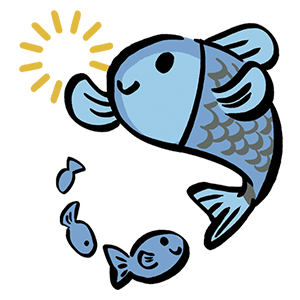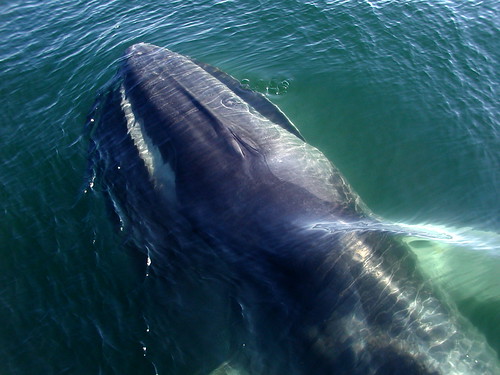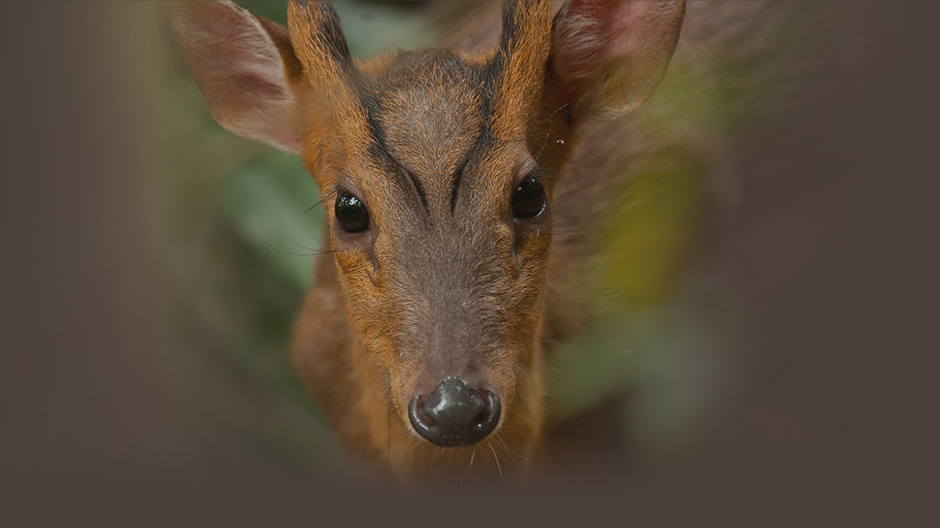18日國際捕鯨委員會(IWC)投票反對日本於明年重啟的南極捕鯨計畫,但日本堅持不論IWC的結論為何,仍會執行計畫,繼續科學捕鯨。
自定義合法 日執意科學捕鯨
國際法庭表示,科學捕鯨只應在非常嚴格的標準之下很有限地准許,而日本則主張自己會遵守。3月時,國際法庭針對澳洲提出的訴訟做出裁決,判日本捕鯨活動並非科學目的,已屬違法;IWC也以35比20的投票結果,決議日本應該遵循國際法庭的判決。
在會議上,澳洲環境部長Greg Hunt企圖以國際法庭的判決挑戰日本,但是日本仍認為自己有權每年在南極獵殺多達935頭小鬚鯨、50頭座頭鯨和50頭長鬚鯨做為「科學捕鯨」之用。
「我們的南極海研究計畫將在2015年繼續進行。」日本與會代表Joji Morishita說,「我們所有捕鯨活動都合乎國際法、具有科學基礎並合乎國際法庭判決。」
採取預防措施 環團已備妥護鯨船
20世紀末,全世界最大的鯨魚已經被捕殺至瀕臨絕種。1986年IWC頒布商業捕鯨禁令,但是此後已經有30,400頭鯨魚被日本、挪威和冰島等反對國以科學捕鯨的名義獵殺。
Hunt主張,國際法庭已認定日本的捕鯨活動並非科學捕鯨,應受到IWC的約束。「國際法庭,世界最高法庭已經說得很清楚。我們只須確保負責單位IWC的行動遵循國際法庭的判決。」Hunt在會議上表示。
澳洲支持紐西蘭代表89個IWC會員國提出的決議,限制會國核發科學捕鯨的許可,直到IWC完成完整的審查為止。
雖然日本政府宣布下次捕鯨活動將在2015或2016年重啟,海洋守護協會(Sea Shepherd Conservation Society)在澳洲海洋守護協會(Sea Shepherd Australia)的帶領下,著手採取預防性措施,正在準備3艘海洋守護者護鯨船,繼續過去10年在南極與日本正面交鋒的護鯨行動。
2013、14年的捕鯨季期間,海洋守護協會直接和日本捕鯨船對峙,成功讓日本捕鯨數量少於配額的74%,拯救784頭鯨魚。
The International Whaling Commission voted Thursday against Japan’s plans to resume “scientific” whaling in the Antarctic next year, but Japan said it would go ahead regardless.
The IWC resolution, passed by a 35-20 vote, said Japan should abide by an International Court of Justice ruling that said that its whaling program is illegal because it is not for research purposes.
The court ruling in March, in a case brought by Australia, said some “scientific” whaling is allowed under strict conditions, by which Japan said it would abide.
The world’s great whales were hunted to near extinction by the early 20th century. An International Whaling Commission moratorium on commercial whaling went into effect in 1986, but since then roughly 30,400 whales have been killed by Japan and the other defiant countries, Norway and Iceland.
“We will be providing and submitting a new research plan in the Antarctic Ocean so that we implement research activities starting from 2015,” said Joji Morishita, head of Japan’s delegation. “And all these activities are perfectly in accordance with international law, scientific basis as well as the ICJ judgment.”
Australian Environment Minister Greg Hunt attempted to lock in the International Court of Justice’s decision against Japan’s Antarctic kill,
Until the ruling Japan maintained it had the sole authority to decide to take up to 935 minke whales, 50 humpbacks and 50 fin whales in the Antarctic every year, for “scientific research.”
Hunt said the principles of the Court’s finding that Japan’s whale kill was not scientific research, should be integrated into the work of the International Whaling Commission.
“The words of the court, the highest court in the world, speak for themselves,” Hunt told the IWC meeting Monday. “We need to just ensure that the commission, as the responsible international organization, considers the guidance of the court, and incorporates its learned judgment into the practices of the commission.”
Australia backs a resolution by New Zealand to the 89 member countries of the International Whaling Commission which would restrict member governments’ authority to issue permits for scientific whaling, until they undergo a full review by the IWC.
Although the Government of Japan has announced that lethal whaling will not be resumed until 2015/16, the Sea Shepherd Conservation Society, under the leadership of Sea Shepherd Australia, has adopted the “precautionary principle” and is preparing the three Sea Shepherd whale defense vessels to once again confront the Japanese whaling fleet in Antarctica as it has for the past 10 years.
During the 2013/14 whaling season, the direct interventions of Sea Shepherd ensured that the whaling fleet fell short of their quota by 74 percent – saving the lives of 784 whales.
※ 全文及圖片詳見:ENS
 網站捷徑
網站捷徑




